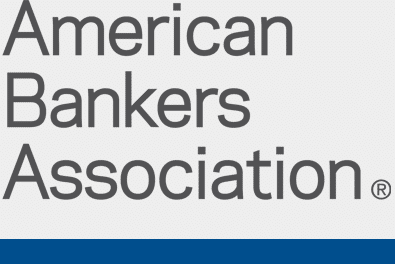Strict Regulations Called for After Deutsche Bank Incident

Ongoing Issues With Adequate Accountability and Responsiveness
A substantial fine for the wrongdoing is viewed by numerous financial experts as a slap on the wrist. The underlying problem can be traced back to accountability for banks operating in the U.S. During the investigation, evidence of inaccurate reporting by Deutsche Bank Trust Company Americas was found in numerous instances which spanned years 2002, 2007, and 2012. Other types of harmful financial misrepresentation may have caused unknown amounts of collateral damage. Currently, global banks have to step up internal compliance and regulatory efforts.
Other Incidents Cost U.S. Banks Billions in Recent Years
To date, the U.S. has collected approximately $12,000,000,000 in fines from Credit Suisse Group and BNP Paribas, based out of Zurich and France, respectively, for similar incidents involving tax fraud and violating U.S. sanctions against nations including Cuba and Iran. The risk might be worth the reward for large financial enterprises. After all, the consequence is typically only a fine.
Using Technology to Increase Compliance and Promote Responsibility
One of the primary challenges associated with internal compliance is the scope of the banks mentioned. A single action by a crooked employee can have lasting consequences for a global marketplace. Similarly, a single member of internal compliance staff could easily be persuaded to look the other way. Deutsche Bank has pledged to leverage its resources to substantially improve compliance and internal regulatory efforts with the use of staff and technology. An electronic data entry system and auditing process is only one small part of the ongoing search for answers regarding real solutions for international white collar banking infractions and crimes.
ECL Software Provides Real Solutions to Help Meet Regulations
ECL Software was designed to help large and emerging business units conduct meaningful internal audits and maximize compliance efforts. Instead of hoping that an employee does not make a mistake or purposefully delete or alter pertinent information, use custom software as a first line of defense against issues that result from failure to comply with strict regulations.
Contact ECL Software today at to find the solutions your company needs, and try our free demo.





Recent Comments